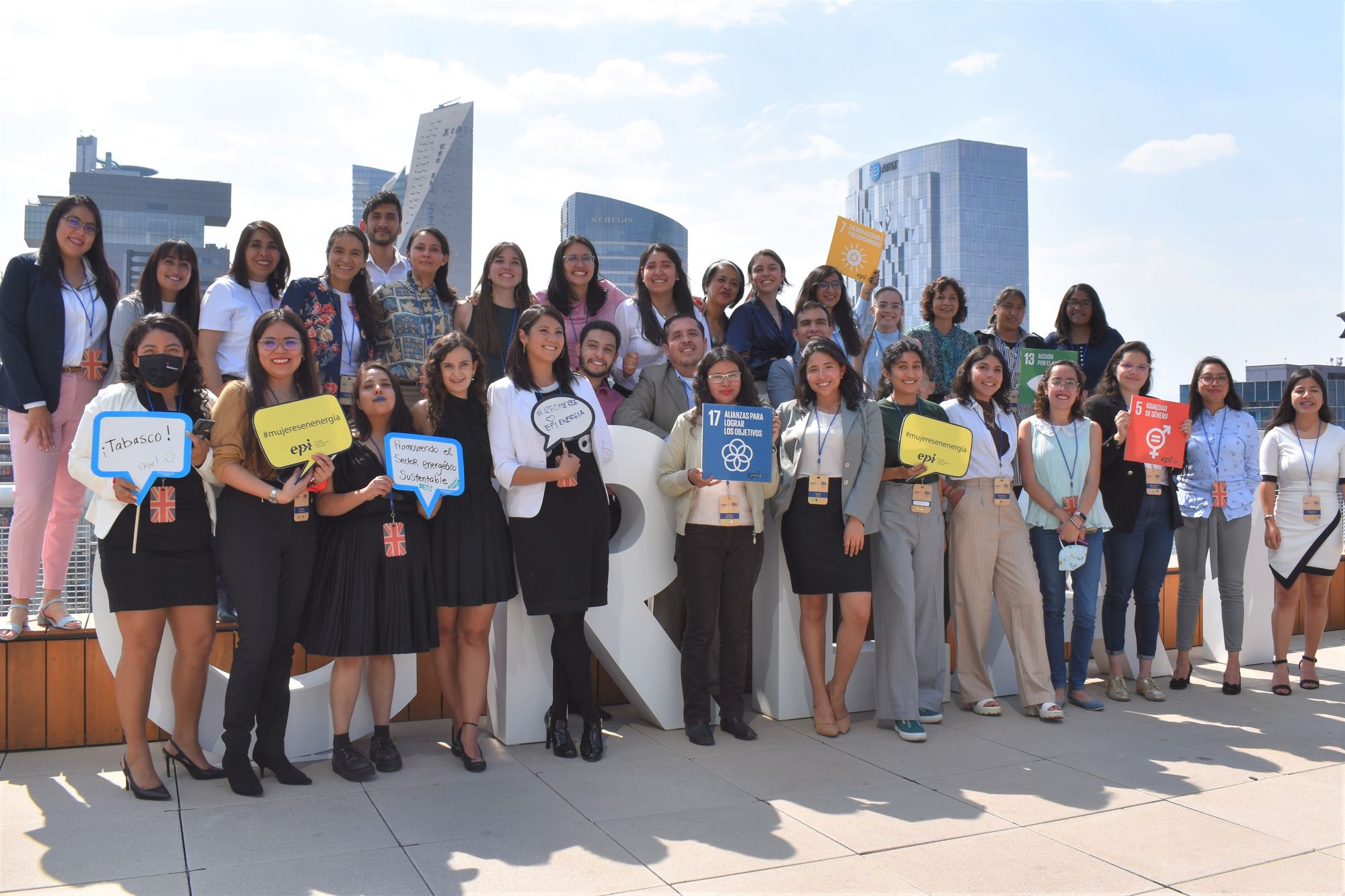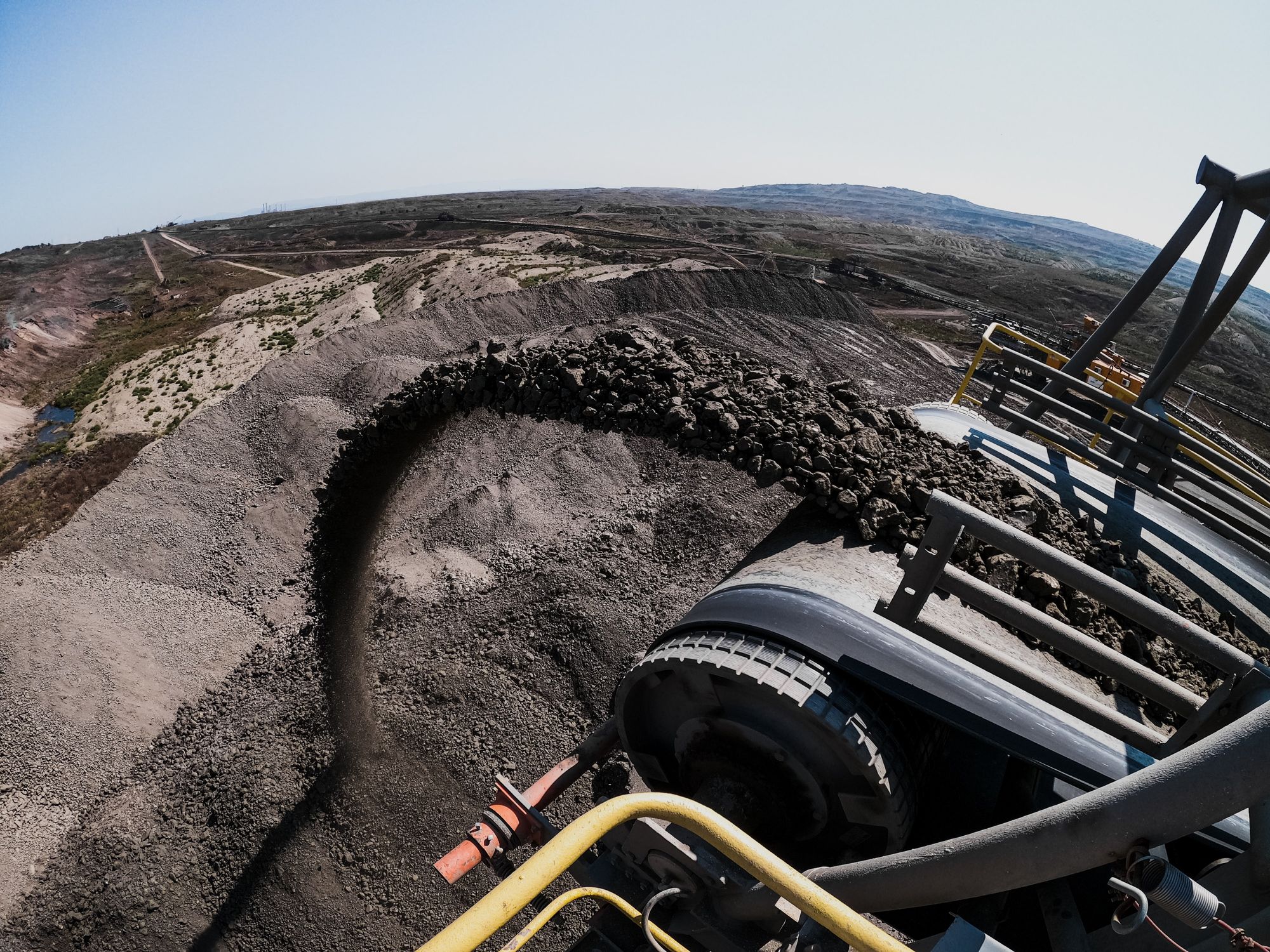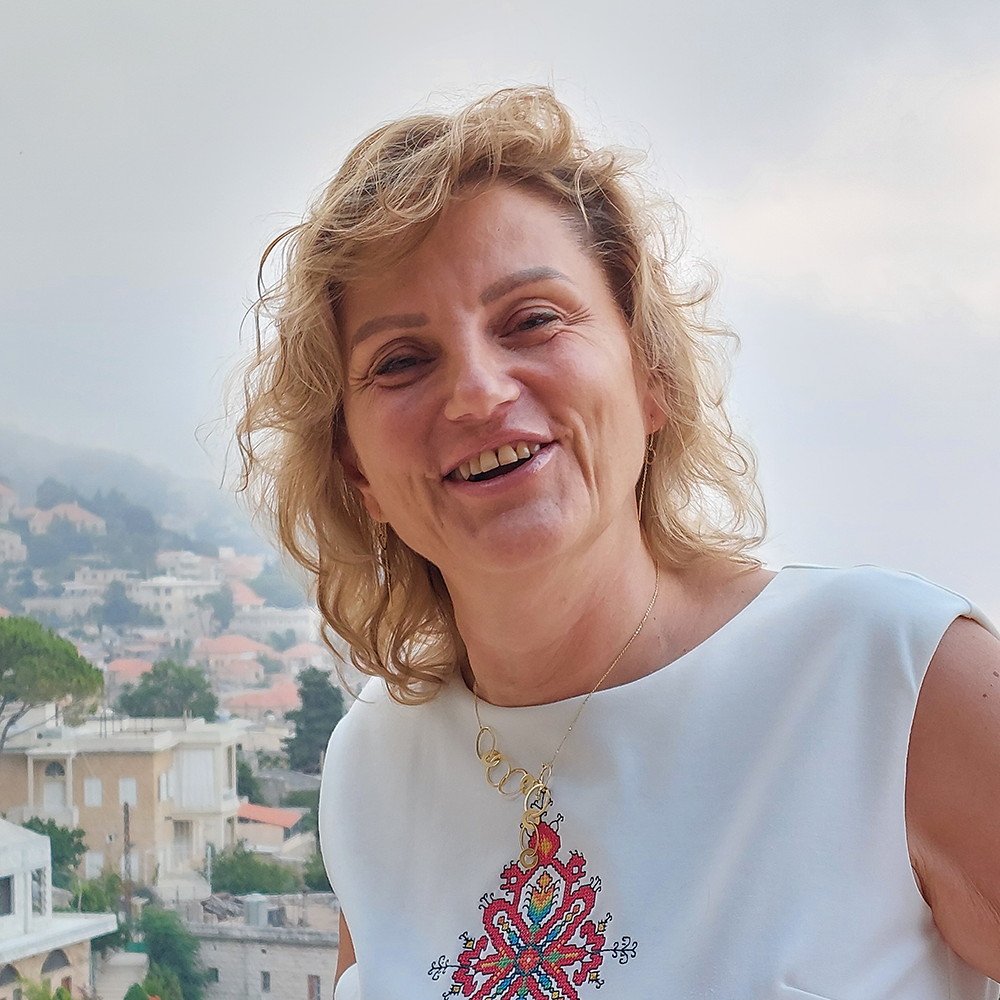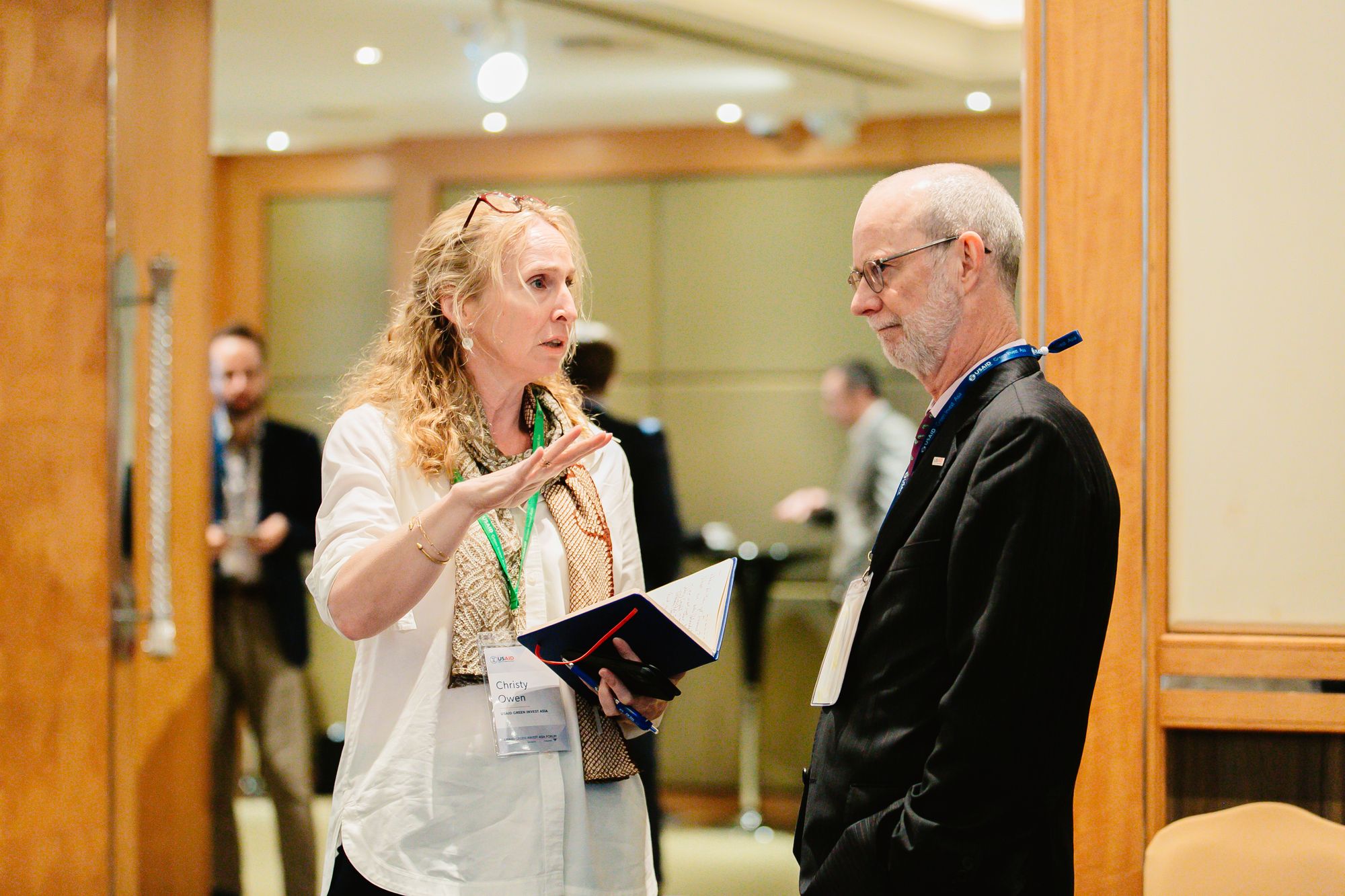The recently concluded Mexico Clean Energy Programme (MCEP) was a collaboration between the U.K. Government and the Mexican energy sector to facilitate the latter’s transition to greener, more sustainable energy sources and practices. The project saw considerable success, notably in its efforts to sow the seeds of what we might call a more “gender-just” energy transition.
The Foreign, Commonwealth & Development Office program was developed using a demand-driven capacity-building approach to support the Mexican government’s commitment to make the energy transition a fair one, including from the perspective of gender. As it stands, Mexico’s energy sector is overwhelmingly male. According to the Mexican Network of Women in Renewables and Energy Efficiency (REDMEREE), women account for just 25 percent of the jobs in the sector and hold only 2 percent of technical roles in the National Commission of Electricity.
Gender and Social Inclusion
Central to its efforts, MCEP created an enterprise development center called EPI (Energía, Participación e Inclusión), which delivered specialized courses to build the capacity of people in the energy workforce and equip them to take advantage of new opportunities opening up in green power and renewables.
When the pandemic hit, the DAI team modified all curricula for online delivery, taking the opportunity to expand MCEP’s geographical scope from 2 to 16 states. The program also designed new activities focused on the recovery of small and medium-sized enterprises in areas deemed critical by the industry—financial services, energy efficiency, e-commerce, crisis management, and mental health tools.
In terms of gender, the program focused on removing barriers to women’s participation and promoting gender awareness and sensitivity in all its activities. MCEP developed selection criteria to prioritize the participation of women and of men from vulnerable groups, removing barriers to engagement, using gender quotas, and creating safe spaces for women.
The program also created networking opportunities for women, providing the mentoring and professional connections vital to a successful career. Three events enabled participants to meet women with seniority in the energy sector, learn from their experiences, and connect with other women beginning their careers in the industry. MCEP also organized technical seminars where team members took part in panel discussions about the participation of women in the sector.
The results were positive: 52 percent of participants were women (3 percent single mothers), which is more than double the percentage of women working in Mexico’s energy sector. Other participants from marginalized groups included 3 percent who identified as indigenous and 4 percent as Afro-Mexicans. Most participants (54 percent) had a monthly income of less than MXN 11,500 (US$570).
Notably, MCEP capitalized on the U.K. Government’s relationship with Mexico and reinforced it by helping to foster stronger partnerships and engaging with British industry experts and technical, vocational, and training institutions to design and implement EPI courses and events.

More Research Required
Gender mainstreaming in the energy sector—and in the transition to clean energy—is gaining momentum globally. While we certainly need more evidence of successful experiences, data, and research to help us understand how to attract and retain women in the sector, MCEP demonstrated that online and gender-sensitive training is effective and can be designed to provide greater reach so that historically marginalized people are included.






